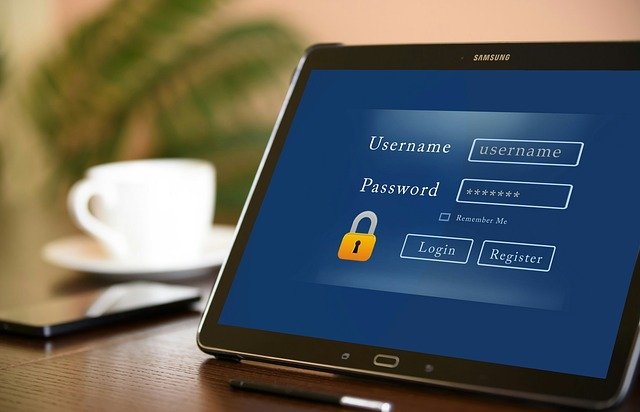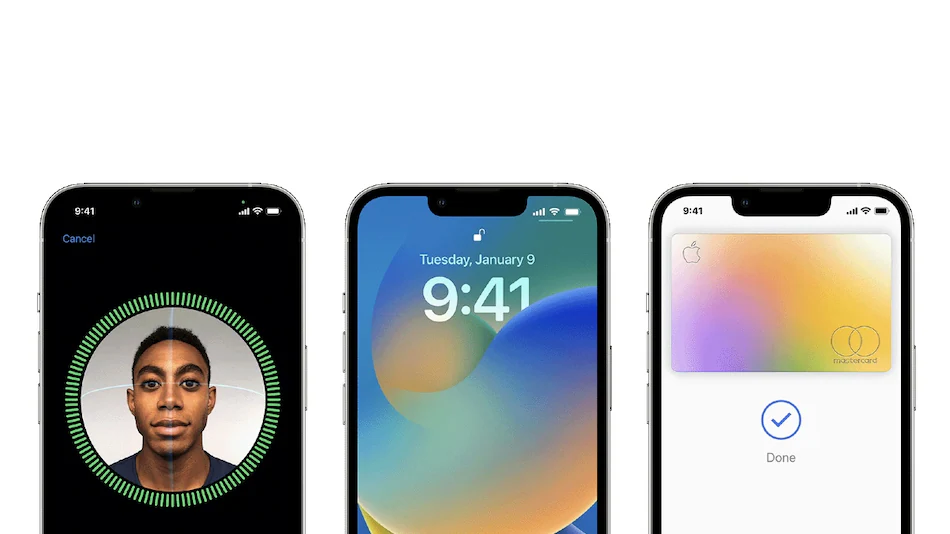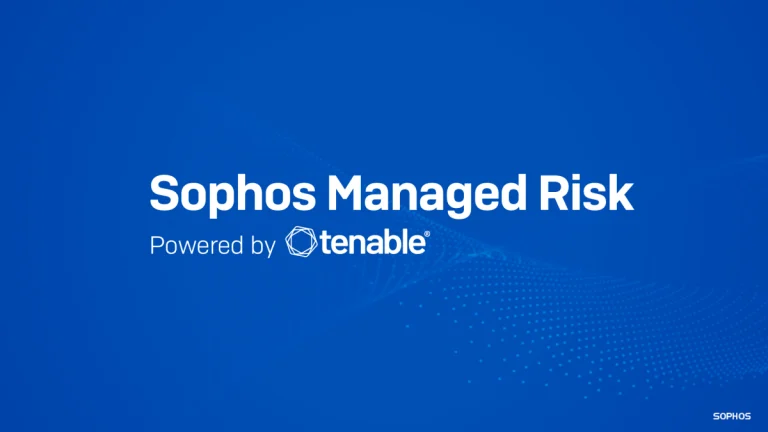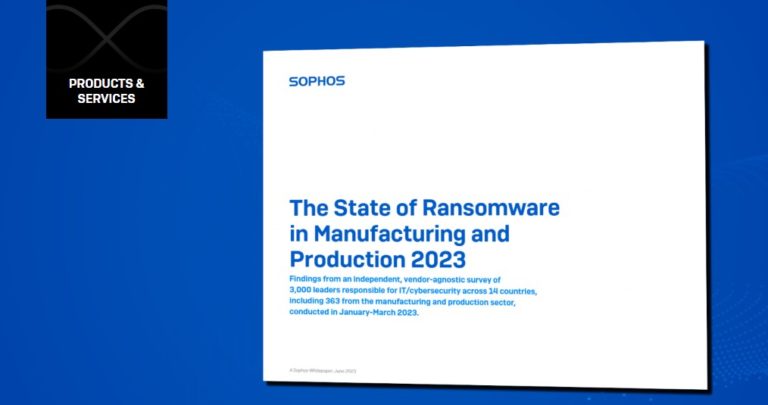List of Africa’s Most Common Passwords

The cost of cybercrime on Africa’s gross domestic product (GDP) is estimated to be $4.1 billion by 2021, according to Kenyan cybersecurity startup Serianu.
Throughout the Covid-19 issue, the region has been badly struck, with threat actors taking advantage of weak networks and insufficient cybersecurity policies in several countries.
“We are noticing a rise in activity linked to Cybercrime, especially during this COVID-19 epidemic time,” said Tarek Sharif, Executive Director of the African Union Mechanism for Police Cooperation (AFRIPOL).
South Africa’s Department of Justice and Constitutional Development, for example, was hit by ransomware in September 2021. It had a crippling effect on the organization’s digital systems as a whole.
This attack came just months after the ‘Death Kitty’ attack on Sub-Saharan Africa’s busiest container port in July. While the CIO notes that security measures are tightening throughout the continent in general, there is reason for optimism, the onus for stronger security still falls on individuals and companies.
Passwords used in Africa and around the world
According to research into the most commonly used passwords around the world, far too many people are choosing easy-to-hack options like “qwerty,” “password,” and even “1234”.
The most frequent passwords in Africa differ by country, but there is significant overlap.
For example, “123456” is the most popular password in Nigeria, whereas the same password is the most popular in South Africa. Meanwhile, “azerty” — the French equivalent of “qwerty” – is very popular in francophone countries. “bismillah” was discovered to be widely used in Arabic-speaking countries.
It’s more vital than ever to be aware of the pitfalls of using common passwords as we go into a hyper-digitalized era.
Passwords are one of the most used types of personal and organizational protection, but they’re also one of the easiest ways to be hacked. According to a recent survey, nearly half of all consumers use at least one password that can be cracked in under five seconds, while just 8% have strong passwords that are tough to crack.
Hacking and leaking passwords can have serious implications.
The threats aren’t just speculative; they’re potentially fatal. For example, in February 2019, hackers exploited a password leak to gain access to an Australian power company’s network and shut down power in multiple cities, threatening to do so again unless they were paid $150 million within 72 hours.
Thankfully, the threat was not taken seriously, and no further payments were made before the deadline. This event, on the other hand, demonstrates how easy it is for hackers to obtain access to vital infrastructure with a simple password leak.
Hackers can exploit common passwords as a doorway into other accounts belonging to those persons or organizations, in addition to accessing sensitive information about them (such as bank accounts). This makes committing identity theft or other crimes against persons or entities easier for them.
If you’re currently using any of the world’s most popular passwords, or any that are widely used on the continent, or if you have lousy password habits, you could be at risk:
– Names, birth dates, residences, and even pet names are examples of personally identifiable information.
– Using the same password for several accounts.
– Connecting multiple accounts, such as your Facebook or Google account, to a single account.
– Using common passwords such as those detailed above.
– Using consecutive numbers or letters (for instance, abcdefg) or including known words or phrases in your passwords.
It’s time to switch to long, complex, and unique passwords to secure your systems.







